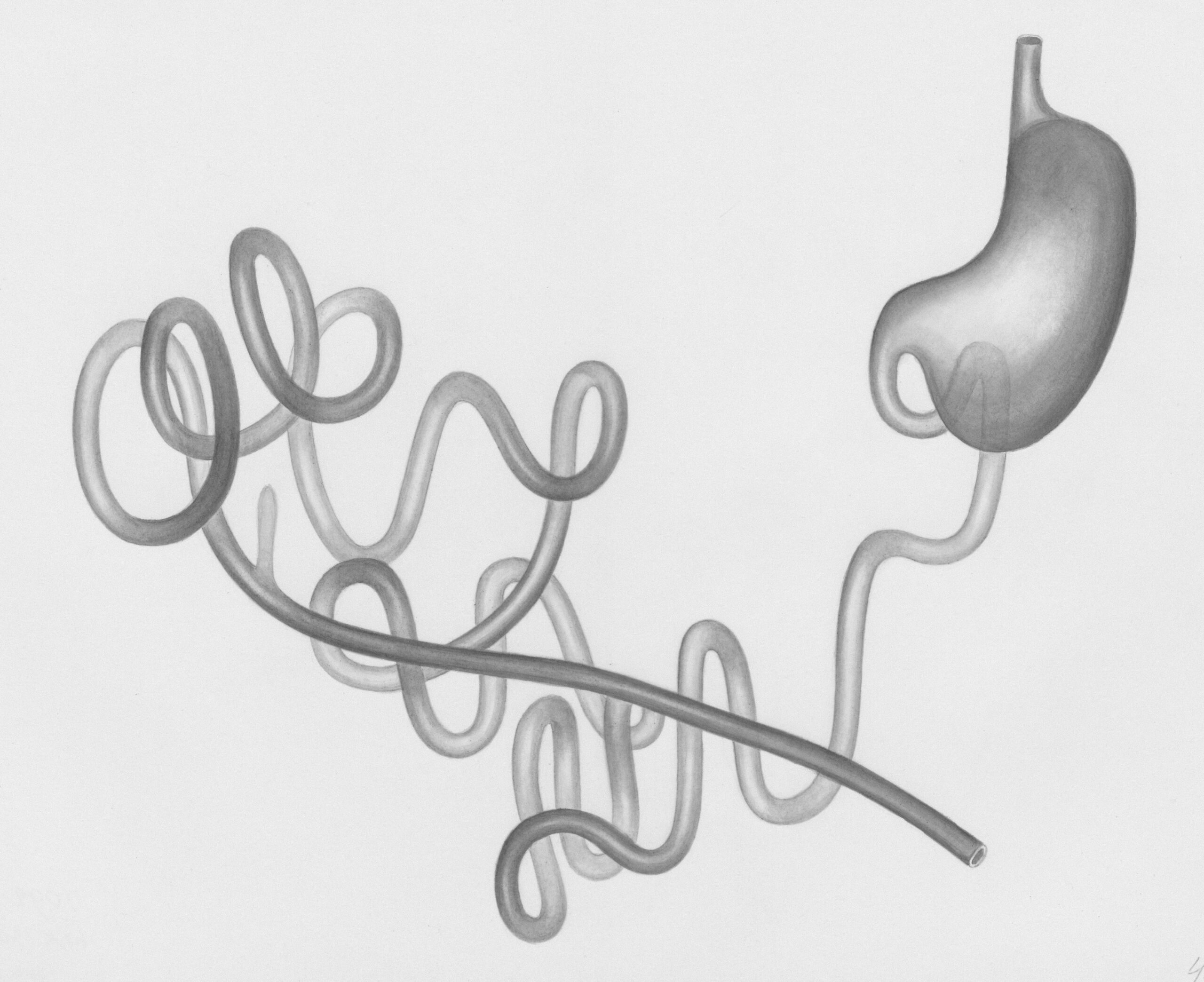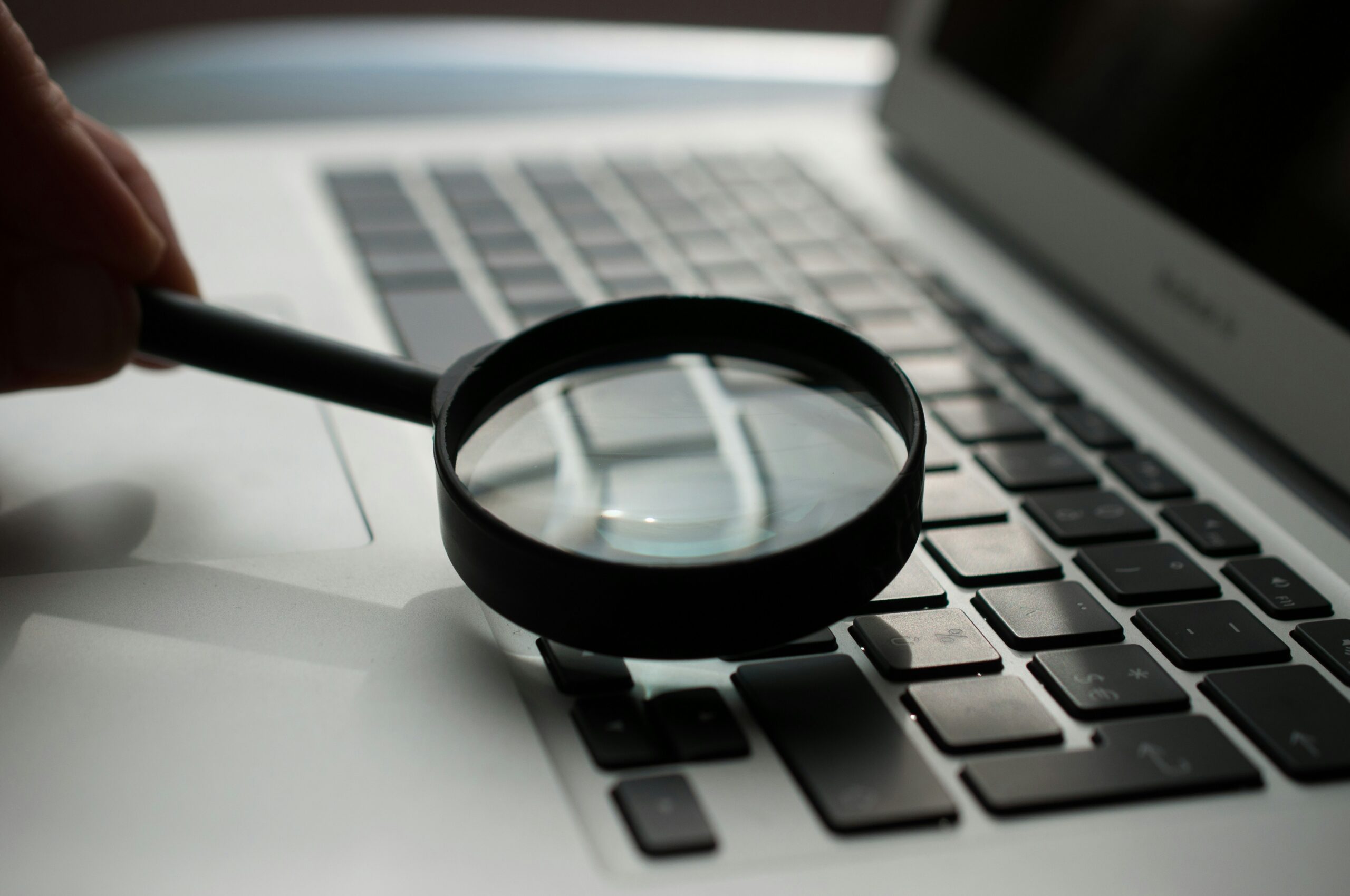A doctor who centers on the diagnosis, treatment, and administration of conditions related to the colon, anus, and rectum is known as a proctologist. Formally, they are referred to as colon and rectal specialists or colorectal specialists. These body parts are mindful of the final steps of squandering, preparation, and transfer and are fundamental to the stomach-related framework.
Despite being amazingly specialized, proctologists contribute altogether to the therapeutic field. Their information covers a wide range of conditions, from genuine afflictions like colon cancer to moderately humble issues like hemorrhoids.
Proctologist arrangements are filled with uneasiness if not open shame. That's obvious, given how delicate and frequently agonizing the concentration locale is. In any case, it is basic to recognize that proctologists' work is vital—that is, it is fundamental to preserve intestinal well-being. If cleared out untreated, lower gastrointestinal tract disarrangements can run from bothering to possibly unsafe. By instructing individuals about proctologists, when it is vital to see one, and what to anticipate once you do, you'll be able to decrease disgrace and fear and empower more individuals to look for fundamental care.

Proctology may be an exceptionally critical and specialized department of investigation concerned with the determination and treatment of clutters generally influencing the colon, rectum, and anus. This teaching of medication could be a pro in common surgery that centers on the lower stomach-related tract. Proctology comprises a wide range of clutters, some common and promptly treated, whereas others are more genuine and require complex surgical operations.
Proctology has long progressed as surgical strategies and restorative innovation have advanced. A wide extend of conditions influencing the rectum, anal, and colon can presently be treated more effortlessly and securely since these progressions in pharmaceuticals. Proctologists utilize an assortment of symptomatic apparatuses and procedures to guarantee precise conclusions and treatment of different issues, from little hemorrhoid medications to major surgical methods to remedy colorectal cancer.
When, subsequently, is the perfect time to visit a proctologist? In rundown, it's something to consider if you've got issues related to your lower gastrointestinal framework. Torment, inconvenience, or discernible changes in bowel propensities illustrate conceivable indications. For this case, you ought to counsel a proctologist if you encounter loose bowels, obstruction, or, indeed, if you take note of blood in your stool.
People with a family history of colorectal cancer or related ought to see a proctologist on a visit premises. Early location is fundamental for successfully monitoring and treating colorectal cancer. Customary testing can be upgraded. Besides, if you have an unremitting sickness such as Crohn's infection or ulcerative colitis, a proctologist's aptitude is basic for side effect administration and dodging results.
Proctologists are not fairly proposed for those with genuine side effects or an affirmed conclusion. Their home includes a significant sum of preventive care. For illustration, standard colorectal cancer screening starts at the age of 45, or indeed prior for people with chance variables, and is basic to intestine well-being. Standard proctologist examinations can offer assistance in finding issues, but before, they were declined.
Diagnostic methods utilized by proctologists are as follows:
The colonoscopy is one of the foremost commonly utilized diagnostic strategies in a proctologist's toolkit. This strategy requires the addition of a long, adaptable tube known as a colonoscope, which is equipped with a camera, into the rectum. What is the objective? In order to undertake a careful assessment of the colon.
Amid this strategy, the proctologist can physically look at the intestinal lining for anomalies such as tumors, aggravation, or polyps. Most individuals think that a colonoscopy is the foremost compelling way to check for colorectal cancer. Why? Since it permits an intensive visual examination followed by the expulsion of polyps or biopsies from zones of concern within the same session.
Flexible sigmoidoscopy![]() may be a valuable colonoscopy-related diagnostic procedure. Be that as it may, its range is restricted. Rather than assessing the complete colon, a flexible sigmoidoscopy centers on the sigmoid colon and rectum, the colon's final two steps. This operation requires an adaptable sigmoidoscope, which contains a shorter tube. It is particularly viable when screening for colorectal cancer or when indications–such as rectal bleeding or repeating the runs–show up to be restricted to the lower half of the colon.
may be a valuable colonoscopy-related diagnostic procedure. Be that as it may, its range is restricted. Rather than assessing the complete colon, a flexible sigmoidoscopy centers on the sigmoid colon and rectum, the colon's final two steps. This operation requires an adaptable sigmoidoscope, which contains a shorter tube. It is particularly viable when screening for colorectal cancer or when indications–such as rectal bleeding or repeating the runs–show up to be restricted to the lower half of the colon.
The anus and lower rectum can be inspected utilizing the methods of anoscopy and proctoscopy. Anoscopes and proctoscopes, which are brief, inflexible tubes, are embedded into the anus amid these operations, which are regularly carried out in a doctor's office. The proctologist can altogether look at the locale utilizing these instruments to check for cancer, anal crevices, and hemorrhoids.
These methods are regularly completed in a matter of minutes. Even though they may cause inconvenience, they are ordinarily not excruciating, and anesthetic isn't, as a rule, required. For occasion, rectal bleeding and anal torment are common signs of disarranges that can be identified utilizing anoscopy and proctoscopy. They may, too, be valuable in the early discovery of rectal cancer.
Proctologists depend intensely on the digital rectal exam![]() (DRE) for diagnosis. Amid a DRE, the proctologist embeds a gloved, greased-up finger into the rectum to distinguish any irregularities, such as bumps, painful patches, or bizarre developments. In spite of its straightforwardness, this test can uncover imperative data about the well-being of the rectum and, in men, the prostate.
(DRE) for diagnosis. Amid a DRE, the proctologist embeds a gloved, greased-up finger into the rectum to distinguish any irregularities, such as bumps, painful patches, or bizarre developments. In spite of its straightforwardness, this test can uncover imperative data about the well-being of the rectum and, in men, the prostate.
A DRE is, as often as possible, the primary individual to see if rectal torment, bleeding, or changes in bowel habits are suspected. The method is brief and, for the most part, well endured, but a few distress may be taken note of. Despite its effortlessness, the DRE is a critical apparatus for the early location of disarrangements influencing the lower rectum, counting rectal cancer.
Proctologists habitually utilize imaging tests, such as CT checks, MRIs, and ultrasounds, in expansion to endoscopic medicines, to pick up a more total understanding of inner body capacities. These imaging procedures deliver great, point by point sees of insides organs and tissues, which are greatly valuable in deciding the seriousness of sicknesses such as incendiary bowel illness and colon cancer.
Virtual colonoscopy, commonly known as CT colonography, is an progressed imaging demonstrative method. This strategy employments CT checks to make pictures of the colon and rectum, making it less obtrusive than traditional colonoscopy. In spite of the fact that it could be a valuable device, it ought to be famous that it does not permit for biopsies or polyp evacuation amid surgery.

Illustrations of issues that proctologists handle are presented below:
Hemorrhoids![]() are one of the foremost common conditions experienced in a proctologist's home. Swollen blood vessels within the rectum or anus can be internal or outside, coming about in an assortment of indications, counting torment, tingling, and bleeding. The seriousness of the ailment decides the right treatment.
are one of the foremost common conditions experienced in a proctologist's home. Swollen blood vessels within the rectum or anus can be internal or outside, coming about in an assortment of indications, counting torment, tingling, and bleeding. The seriousness of the ailment decides the right treatment.
A proctologist may propose way-of-life adjustments, such as expanding fiber admissions, drinking more water, and utilizing over-the-counter solutions for milder cases. Applying numerous methods may be essential in more critical circumstances. One normal method is elastic band ligation, which involves encompassing the bleeding base with a lean band to cut off the hemorrhoid's blood supply. Another strategy is sclerosing the hemorrhoid by infusing a liquid into it, which causes it to shrivel. In case none of these medications are viable, a surgical hemorrhoidectomy may be required.
Anal gaps, which are modest but extremely persistent tears within the anus lining, can make indeed the foremost ordinary bowel development awkward. These apertures, which are, as a rule, caused by passing huge or difficult feces, tireless clogging, or frequent diarrhea, can be amazingly obnoxious.
The primary care's targets are to ease torment and encourage mending. That may involve expanding the sum of fiber in one's slim down, utilizing stool conditioners, and topically utilizing anesthetic or nitroglycerin ointment to unwind the muscles surrounding the anus. More modern treatments may be recommended by a proctologist if the gap does not mend. A common surgical method called horizontal inside sphincterotomy, which includes extracting a modest piece of the anal-centric sphincter muscle, is utilized to reduce fits and advance mending. Even though there are certain dangers, such as incontinence, it works unimaginably well.
Early location is basic in the case of colorectal cancer![]() , the biggest cause of cancer-related passings universally. This sort of cancer, as a rule, starts as tiny, kind cell groupings called polyps that frame within the colon or rectum. A modest bunch of these polyps may inevitably become cancerous.
, the biggest cause of cancer-related passings universally. This sort of cancer, as a rule, starts as tiny, kind cell groupings called polyps that frame within the colon or rectum. A modest bunch of these polyps may inevitably become cancerous.
Pathologists are at the vanguard of the battle against colorectal cancer, utilizing an assortment of treatments depending on the cancer's arrangement and area. Within the early stages, evacuating polyps in a less intrusive way may suffice. Be that as it may, more progressed stages regularly require more obtrusive surgery, such as a colectomy, which includes expelling a parcel of the colon.
Crohn's disease, ulcerative colitis, and other disarranges classified as “inflammatory bowel disease” all influence the stomach-related tract, causing stomach torment, tireless irritation, and an assortment of other extreme side effects. Proctologists are basic in treating these conditions, which require a combination of therapeutic and surgical strategies.
Drugs work to decrease inflammation and control the safe system's distorted reaction, and they are regularly the primary line of defense. Dietary alterations are moreover required for intestine repair and indication administration. When non-medical medications fall flat to control the condition, surgery is basic. Proctologists can do bowel resections, which include evacuating ailing sections of the stomach-related tract, or add up to colectomy, which includes evacuating the whole colon.
Diverticulitis creates when the colon's minor pockets called diverticula ended up contaminated or kindled. Changes in bowel propensities, fever, and serious stomach torment are all conceivable signs of this ailment. Many patients with diverticulitis can be overseen effectively with medicines and dietary alterations, but complications such as abscesses or punctured colons may require surgery.
Proctologists are every so often inquired to do surgery to expel the harmed colonic segment in complicated diverticulitis patients. This treatment, some of the time known as a colectomy, can spare a patient's life on the off chance that performed quickly. Normal post-operative treatment includes dietary changes to avoid assist scenes and customary observing to identify any malady repeats.

Indeed in the event that it's not something you see forward to, seeing a proctologist may be a pivotal portion of keeping your intestine solid. Planning can offer assistance make such a visit more agreeable, comfortable, and successful.
Before your arrangement, accumulate any important therapeutic records, such as past symptomatic exam results, an exhaustive history of your treatments, and a list of all medicines you're directly taking. The proctologist will be able to get your therapeutic history superior and personalize their treatment to you based on this data.
You may be asked to follow a foreordained planning plan, especially on the off chance that a symptomatic strategy such as a sigmoidoscopy or colonoscopy is arranged. In arrange to ensure that your colon is clean and arranged for testing, this ordinarily calls for following an endorsed eat less and utilizing purgatives.